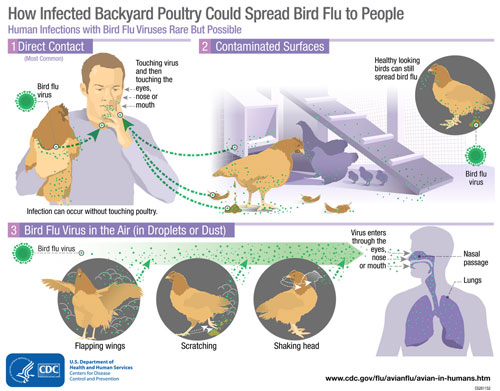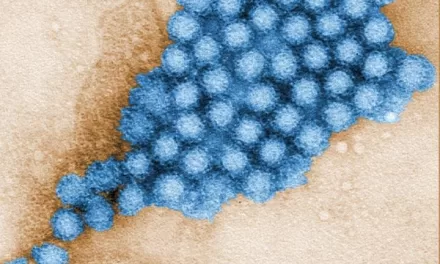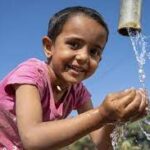15 February 2024
On International Childhood Cancer Day 2024, the spotlight shines on the pivotal role of parents, family doctors, and pediatricians in the early detection of childhood cancers. Recognizing the importance of early intervention, experts emphasize that parents are uniquely positioned to safeguard their children’s health by being vigilant for potential signs and symptoms of cancer.
Amidst the staggering statistics revealing the global burden of childhood cancer, with over 1000 children diagnosed every day worldwide, the need for heightened awareness and proactive detection methods becomes increasingly apparent. While medical advancements have significantly improved survival rates in high-income countries, where more than 80% of children diagnosed with cancer will survive, the situation is starkly different in low- and middle-income nations, where only approximately 20% of children survive.
Parents play a crucial role in the early detection of childhood cancer, as they are often the first to notice changes in their child’s health and behavior. By familiarizing themselves with the warning signs of various cancers and remaining vigilant, parents can potentially save their child’s life. Family doctors and pediatricians also play a vital role in recognizing and diagnosing childhood cancers promptly.
Early signs and symptoms of childhood cancer can vary depending on the type of cancer but may include unexplained weight loss, persistent fever, unusual lumps or swelling, prolonged pain in bones or joints, excessive bruising or bleeding, frequent headaches or vomiting, and changes in vision or balance, among others. While these symptoms may be indicative of various health issues, they warrant timely evaluation by a healthcare professional to rule out any underlying concerns, including cancer.
Efforts to improve early detection and access to quality care for childhood cancer are critical to closing the survival gap between high- and low-income countries. Investing in education and awareness campaigns aimed at empowering parents and healthcare providers with knowledge about childhood cancer symptoms and risk factors can significantly impact early diagnosis rates and ultimately improve outcomes for children worldwide.
As we commemorate International Childhood Cancer Day, let us reaffirm our commitment to raising awareness, supporting families affected by childhood cancer, and advocating for equitable access to life-saving treatments and care services for all children, regardless of their geographical location or socioeconomic status.
Together, through collective action and unwavering dedication, we can ensure that every child battling cancer receives the timely diagnosis, treatment, and support they need to thrive and fulfill their potential.
Let us stand united in the fight against childhood cancer, today and every day.
For more information and resources on childhood cancer awareness and support, visit the International Childhood Cancer Day website.











